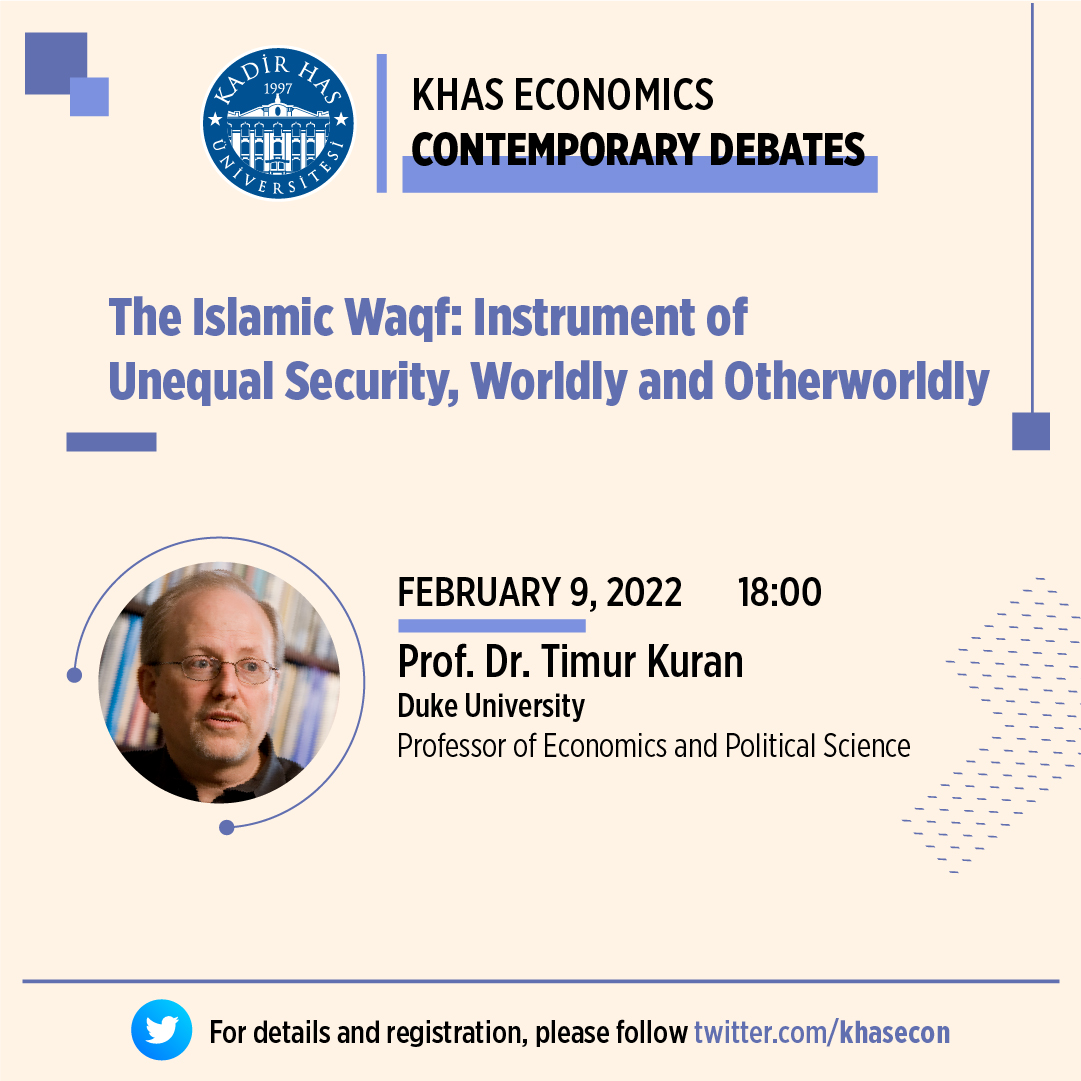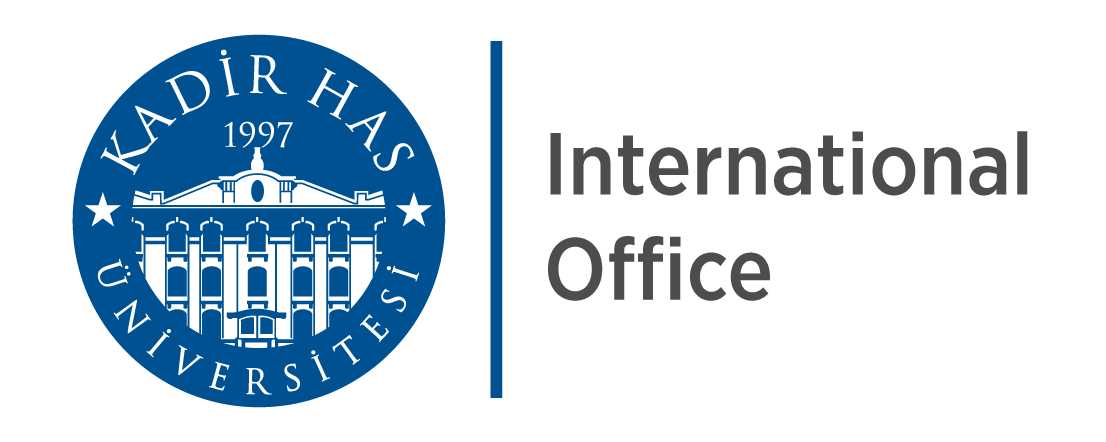
KHAS Economics – Contemporary Debates: Prof. Dr. Timur Kuran
Prof. Dr. Timur Kuran from Duke University will be the next guest of Contemporary Debates, organized by Kadir Has University Department of Economics, with his speech “The Islamic Waqf: Instrument of Unequal Security, Worldly and Otherworldly” on February 9, at 6 pm.
Register in advance for this meeting. Click to fill the REGISTRATION FORM.
Abstract: Until the modernizing reforms of the 19th century, the Islamic waqf played a massive role in the economy of the Middle East, the Balkans, and North Africa. It was a trust founded by an individual; income from the endowed assets financed designated services in perpetuity. High officials of the ruling dynasty established the largest waqfs to provide social services now supplied by municipalities or charitable corporations. These Islamic “state waqfs” have focused on case studies that make the waqf seem mainly a supplier of public goods. Using an original data set consisting of Istanbul waqf deeds from 1457-1923, this talk explores the functions of Islamic “regular waqfs”—waqfs founded either by elites below the top echelon or by commoners. The typical regular waqf had a relatively modest endowment and architectural footprint. In a setting characterized by weak property rights and a legal system that favored males, Muslims, and state officials, it was established principally to provide material security to its founder and their descendants. Providing public goods was not among its primary functions; neither was assisting the poor. Founders belonging to a disadvantaged group, including women, were especially likely to prioritize wealth sheltering. Regular waqfs thus served to perpetuate prevailing worldly inequalities through material security to the wealthy. They also aimed to create inequalities in the hereafter. Their major functions included financing prayers to expiate the sins of founders and their families.
Timur Kuran is Professor of Economics and Political Science, and Gorter Family Professor of Islamic Studies at Duke University. His research focuses on (1) economic, political, and social change, with emphases on institutions and preferences, and (2) the economic and political history of the Middle East, with a focus on the role of Islam.
This event series is organized by Asst. Prof Gözde Çörekçioğlu İshakoğlu and Asst. Prof. Ulaş Karakoç.
